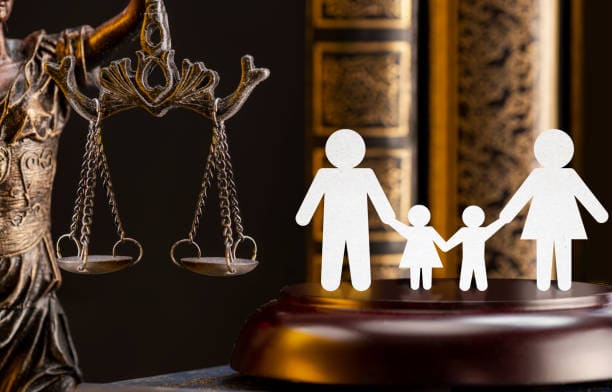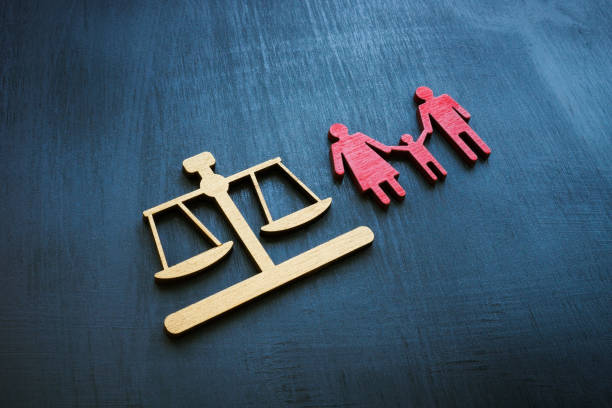In this article, we discuss Section 115 Family Law Council of the Family Law Act (1975). Section 115 of the Act highlights points in relation to Family Law Council. In this blog, we discuss all points that Section 115 of the Act outlines.
Firstly, Section 115 (1) states that the Attorney-General may appoint a Family Law Council consisting of persons that the Attorney-General appoints. Who is the Attorney-General? The Attorney-General is a Member of Parliament. The Governor General appoints an Attorney-General under the Constitution on advice of the Prime Minister.
The Attorney-General is a lawyer. They play an important role of providing principal legal advise to the Commonwealth government. In Australia, the Hon Mark Dreyfus KC MP is the current Attorney-General.
Who is Part of The Family Law Council?
The second (2) point under Section 115 states that the Family Law Council shall consist of a Judge of the Federal Circuit and Family Court of Australia (FCFCOA), and such other judges. Moreover, the council shall also consist of persons appointed or engaged under the Public Service Act 1999.
The Council will also include officers of the Public Service of a State, family counsellors, family dispute resolution practitioners, and other persons that the Attorney-General thinks should be a part of the Council.
The website of the Attorney-General’s department lists out the names of current members of the Family Law Council. As of March 2023, these include:
- The Hon Robert McClelland AO (Chairperson)
- Dr Andrew Bickerdike
- Justice Jacoba Brasch
- Dr Rachel Carson
- The Hon John Faulks
- Judge Alexandra Harland
- Ms Michelle Hayward
- Ms Anne Hollands
- Ms Julie Jackson
- Dr Rae Kaspiew
- Ms Virginia Wilson

Role of Family Law Council
The third point (3) of Section 115 of the Act highlights the functions of the Council. Primarily, the Council’s role is to provide advise to the Attorney-General, and to make other general recommendations.
They can make these recommendations of their own motion. Sometimes, the Attorney-General may request for recommendation in relation to:
- the working of legal aid in relation to family law,
- the working of the Family Law Act (1975) and other legislation pertinent to family law, and
- any other matters relating to family law.
When the Attorney-General makes a request to the Council for recommendation, the Council may provide it in the form of a letter of advice or a report. Moreover, the Council can also make similar submissions to other relevant bodies in relation to family law.
The fourth point (4) of the Section states that the Attorney-General shall appoint one of its members to be the Chairperson of the Council. Moreover, subsection (7) of the Section further mentions that either this Chairperson or the Attorney-General shall convene meetings of the Family Law Council.
Subsection (5) of Section 115
This subsection states that the Remuneration Tribunal determines the remuneration that can be paid to the members of the Council. However, if the Remuneration Tribunal makes no such determination, members shall be paid such remuneration as is prescribed.
Similarly, point 5(A) states that members of the Family Law Council shall be paid such allowances as are prescribed. Point 5(B) mentions that subsections 5 and 5A have effect subject to the Remuneration Tribunal Act 1973.
Subsection 5(C) states that a member of the Council holds office for a period not more than 3 years. The instrument of appointment specifies the period for which the member holds office. Although the period does not exceed 3 years, they are eligible for re-appointment.
Other Matters in Relation to Family Law Council
Subsection (6) states that a member of the Council, including the Chairperson can resign by writing that is signed and delivered to the Attorney-General. Subsection (8) mentions that the Council shall cause records to be kept of all its meetings.
Importantly, subsection (9) states that after the end of the year each year, i.e. after 30 June each year, the Council must prepare and furnish to the Attorney-General a report of the operations of the Council in the past year.
Lastly, subsection (10) of Section 115 states that the Attorney-General shall provide a copy (of the report that the Council furnishes) to the House of Parliament within 15 sitting days of the House after the Attorney-General receives the report from the Council.
Seek Advice From Family Lawyers
While this blog has provided an overview of Section 115 of the Act, there are many important topics that the Act covers. For more information on other Sections of the Act, check our Family Law Act page here.
Moreover, if you require any information on issues under family law, check out our blog page here. For more information and incase of any enquiries, contact our team today.
